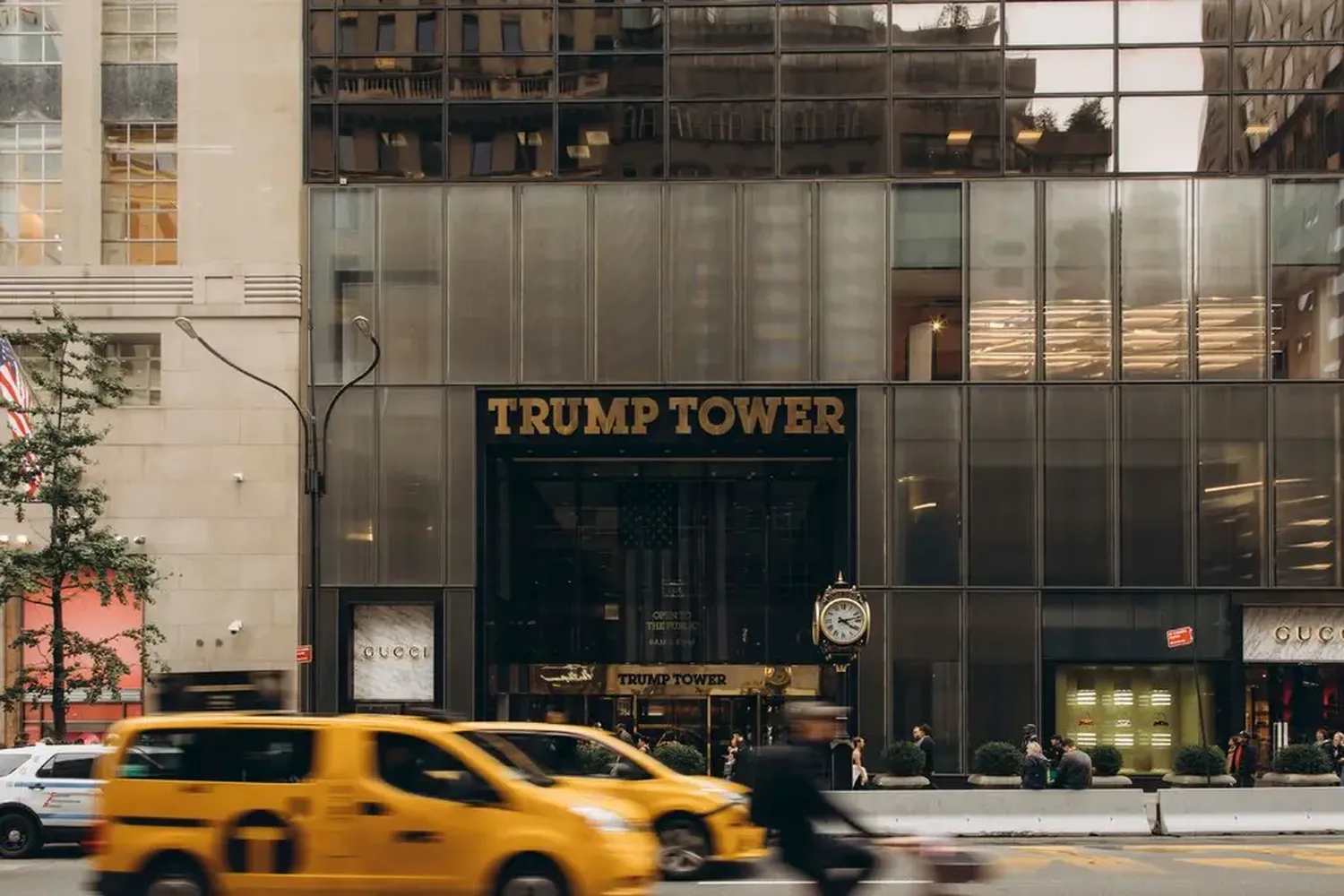Trump NY Civil Case
Trump’s Bond in NY Civil Fraud Case Is Reduced to $175 Million
In a significant turn of events, former President Donald Trump received a crucial reprieve in his ongoing legal battle over a civil fraud case in New York. A state appeals court ruled that Trump and his co-defendants have been granted 10 days to post a $175 million bond, a substantial reduction from the $464 million judgment that was originally due. This 11th-hour ruling is a major victory for Trump, whose legal team had previously stated that coming up with the larger bond was a “practical impossibility.”
The case, which has been closely watched by legal experts and the public alike, centers on allegations that Trump and top executives at his company, the Trump Organization, engaged in a years-long conspiracy to deceive banks and insurers about the size of his wealth and the true value of properties such as Trump Tower in Manhattan. The lawsuit, brought by New York Attorney General Letitia James, sought to hold Trump accountable for what was described as a staggering fraud that falsely inflated his net worth and unjustly enriched himself, his family, and his organization.
The reduction in the bond amount means that, for now, James is prevented from beginning the process of seizing Trump's property to satisfy the judgment. Trump, who has consistently denied any wrongdoing, expressed his gratitude for the appellate division's decision, stating that he would post the required $175 million in cash, bonds, or security. This development comes as a significant relief for Trump, who had faced the possibility of having to mortgage or sell off his properties at "Fire Sale prices" to meet the original bond amount.
The original $464 million judgment, which has been accruing interest at a rate of more than $111,000 a day, was a financial penalty that could have had a profound impact on Trump's fortune and his image as a wealthy, shrewd real estate mogul. Trump's legal team had argued that securing a bond for the full amount was a practical impossibility, noting that surety providers often require collateral up to 120% to guarantee the bond, which would have driven the amount Trump needed to over $500 million.
The appeals court's decision also puts a stay on parts of the original judgment that barred Trump from serving as a public officer and placed prohibitions on other defendants, including former Trump Organization executives Allen Weisselberg and Jeffrey McConney, as well as Trump's sons Donald Trump Jr. and Eric Trump. However, the court did not grant Trump's requests to prohibit the independent monitor or the installation of an independent director of compliance.
Despite the reduction in the bond amount, the Attorney General's office emphasized that Trump is still facing accountability for his actions. The office stated, "Donald Trump is still facing accountability for his staggering fraud. The court has already found that he engaged in years of fraud to falsely inflate his net worth and unjustly enrich himself, his family, and his organization. The $464 million judgment — plus interest — against Donald Trump and the other defendants still stands."
This case has been a focal point in the broader legal challenges facing Trump, who is also dealing with four criminal cases. As the legal proceedings continue, the outcome of this civil fraud case and the appeals process will undoubtedly have significant implications for Trump's financial standing and his future political aspirations.

